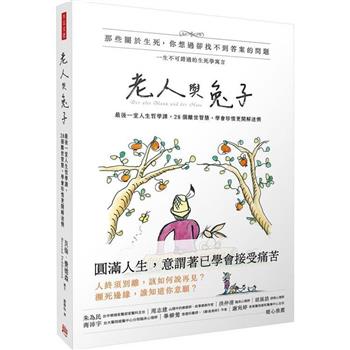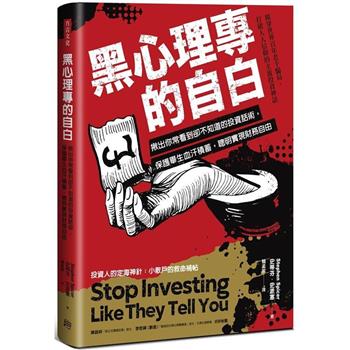How many of these same descendants know that to this people belong, by ancestry more or less remote, some of the first scientific men of America, such as the Mühlenbergs, Melsheimer, the "father of American entomology"; Leidy and Gross, the great surgeon; Herkimer, the hero of Oriskany; "Molly Pitcher," the heroine of Monmouth; Post, the Indian missionary, to whom Parkman himself pays a noble tribute; Heckewalder, the Moravian lexicographer of the speech of the Delawares; Armistead, the defender of Fort McHenry in the war of 1812, whose flag, "still there," inspired the Star Spangled Banner; Barbara Frietchie, and General Custer? Surely, this people merit that some slight account be drawn from the mostly unknown books and documents where they have for years reposed, known only to the antiquarians and often veiled from English readers by the German language, in which many of the best and most valuable are written, and given to the English-speaking world of America.
| FindBook |
有 1 項符合
The Germans In The Making Of America的圖書 |
 |
The Germans In The Making Of America 作者:Schrader 出版社:Koebel Press 出版日期:2007-08-02 語言:英文 規格:平裝 / 284頁 / 21.59 x 13.97 x 1.63 cm / 普通級/ 初版 |
| 圖書館借閱 |
| 國家圖書館 | 全國圖書書目資訊網 | 國立公共資訊圖書館 | 電子書服務平台 | MetaCat 跨館整合查詢 |
| 臺北市立圖書館 | 新北市立圖書館 | 基隆市公共圖書館 | 桃園市立圖書館 | 新竹縣公共圖書館 |
| 苗栗縣立圖書館 | 臺中市立圖書館 | 彰化縣公共圖書館 | 南投縣文化局 | 雲林縣公共圖書館 |
| 嘉義縣圖書館 | 臺南市立圖書館 | 高雄市立圖書館 | 屏東縣公共圖書館 | 宜蘭縣公共圖書館 |
| 花蓮縣文化局 | 臺東縣文化處 |
|
|
圖書介紹 - 資料來源:博客來 評分:
圖書名稱:The Germans In The Making Of America
|











